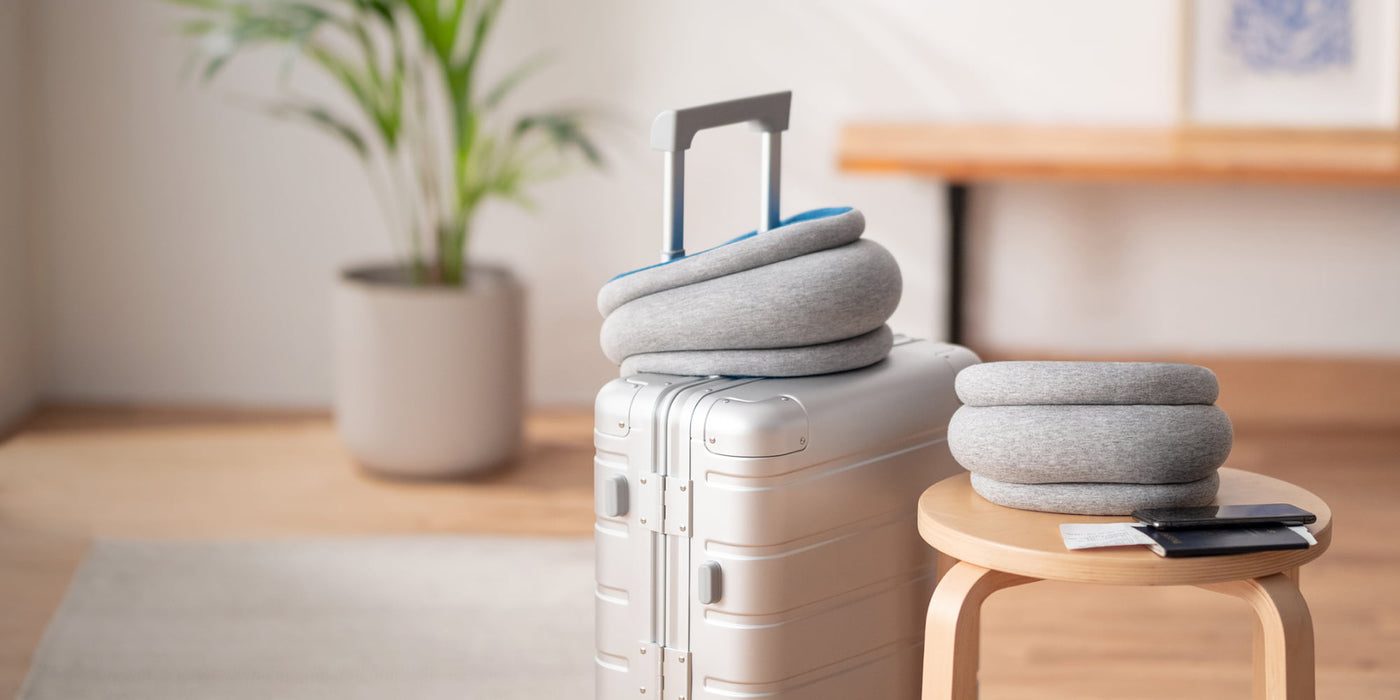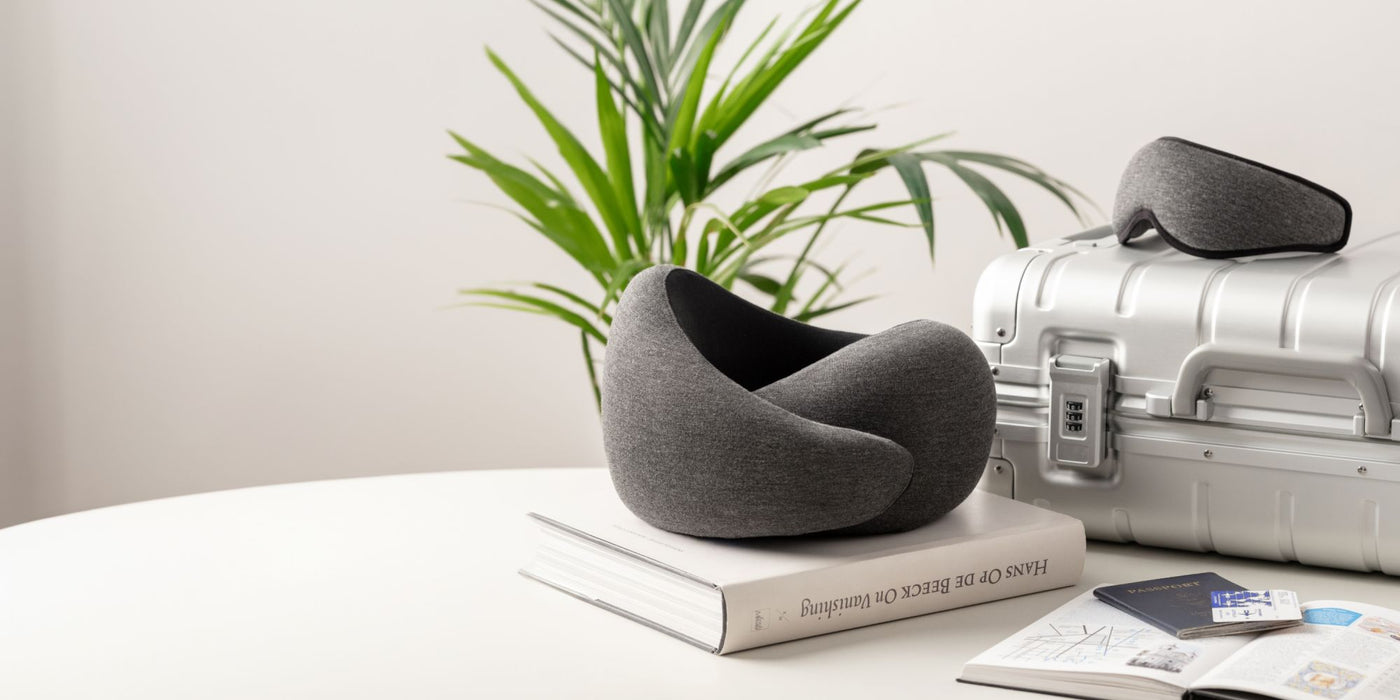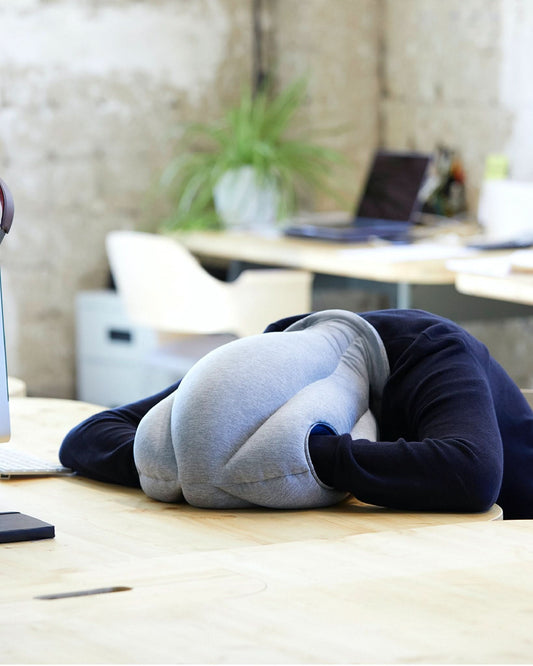
You know you’re supposed to get 7-9 hours of sleep each night, but why? Here are 5 of the top reasons why quality sleep is important for both your mental and physical health.
Sleep is perhaps one of the easiest and most enjoyable things you can do to better your physical health as well as your brain all at once, so it’s important to do everything you can to get a good night’s rest each night. You probably already know that the average adult should shoot for 7-9 hours of quality, uninterrupted sleep per night, but do you know the actual reasons why sleep is important? Read on for all the details.
As it turns out, getting an adequate amount of quality sleep is nothing short of essential for our health and wellness as human beings, yet there is an alarming number of us who are not placing nearly enough importance on the amount of sleep we get each night. Not getting enough quality sleep affects everything from your immune system and your heart health to your memory, cognitive abilities and mental health.

Why sleep is important for your brain
1. It's your body’s reset process
There are so many processes that are able to literally reset themselves while you’re at rest. It is during the sleeping hours that your body balances your hormones and your mood, processes your memories and consolidates information received during the day, and of course, resets your energy levels. Sleep even allows your body to heal itself as well as recover from intense exercise.
2. It balances your hunger cues
A good night’s sleep regulates the hormones that are responsible for your appetite, so chronic lack of sleep can affect your hunger cues, making you feel like you’re hungry all the time, or your feelings of satiety –meaning you have a hard time feeling satisfied and may even have unusually high junk food cravings. This is why many people who suffer from a constant lack of sleep may experience weight gain as well.
3. It restores your creativity, productivity and concentration
Since sleep is all about resetting and restoring your brain, it should come as no surprise that a lack of sleep directly affects your creativity levels during the day, as well as your ability to concentrate. Your cognitive abilities allow you to perform better not only in your home and at your job but also in the gym! You may find that you can exercise at a higher intensity or that your speed and performance are heightened as well. Increased mental function even leads to better coordination.
4. It alleviates stress and anxiety
A lack of sleep increases the amount of stress hormones released by your body. Higher stress levels, in turn, have a tendency to affect the quality and duration of your sleep, thus creating a vicious cycle that is tough to break. Chronic sleep deprivation can even increase your risk of anxiety and depression.
5. It strengthens the immune system
Getting enough sleep each night is important for keeping your immune system functioning at its best. A recurring lack of quality sleep not only leaves you more susceptible to sickness, but it can also affect how long it takes you to recover.
Sleep is a critical, yet oftentimes neglected, factor of our overall well-being in our modern society, and we are feeling the negative effects. Your sleep hygiene is important to enabling your body to repair and reset itself to be ready for another day, so now more than ever it is important to make sure you are doing everything you can to get a good night’s rest each night.
You can set yourself up for success by creating a sleep schedule – trying to go to bed and wake up at the same time each day. This will help train your body to know that it’s time to rest, so you can get to sleep easier. Make your bedroom as comfortable as possible to allow for a hospitable sleep environment by keeping the room cool and dark. You might also benefit from giving the OSTRICHPILLOW Original immersive napping pillow a try! This revolutionary pillow helps block out light to fully immerse you in comfort and relaxation. Also, try to give yourself a solid 30 to 60 minutes before bed to relax and unwind. Think about writing in a journal, taking down some notes for your next day’s to-do list, or anything that will help you quiet your mind and thoughts when it's time to close your eyes.
Want to keep dreaming?
At OSTRICHPILLOW we're all about travel, discovery, and the unexpected. Join our community of dreamers and you'll receive special offers and inspiration fresh to your inbox.















































































